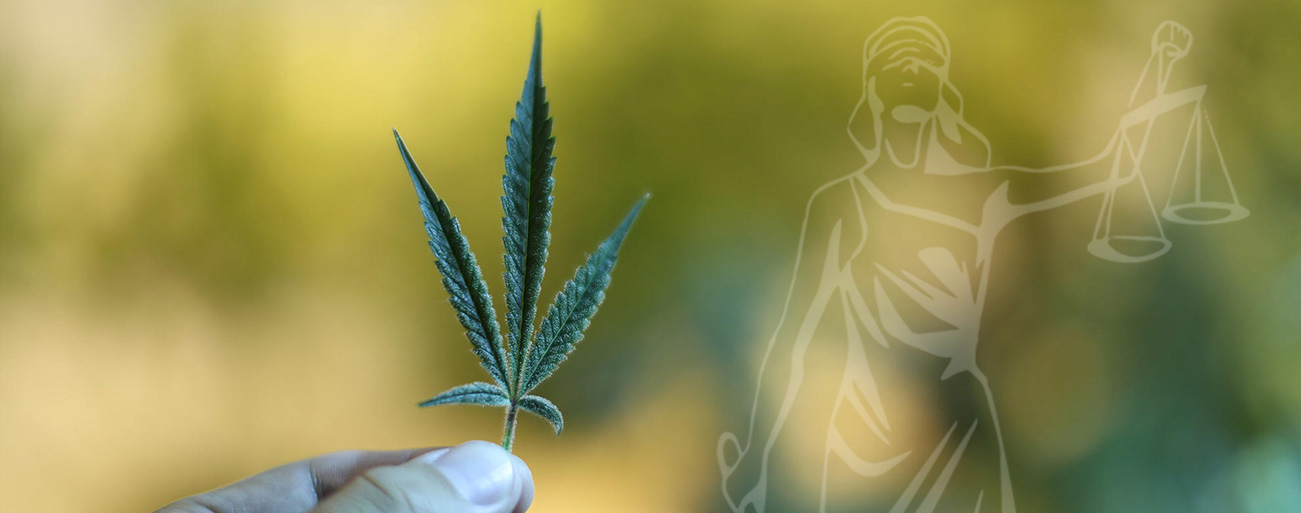What is the Future of Mexico’s Drug Laws?

Deadly clashes between drug cartels have generated increased violence in Mexico. With targeted murders on the rise, some propose the legalization of drugs to help end the violence. Some are optimistic that the drug laws of Mexico will change. On April 11 the Supreme Court of Mexico granted a new Amparo in favor of personal use of recreational marijuana. The Amparo was added to the 2016 resolution which declared absolute prohibition of recreational use unconstitutional. The case stated that the prohibition of cannabis violates the human right to the free development of personality. This right to the development of personality is part of the Mexican constitution, and is also included in the UN’s Declaration of Human Rights. Individuals have the right to decide what is best for their body and lives, provided they do not interfere with the rights of others.
Amparos are not new. It is a judgment in which the Federal Authority is asked to protect justice for any violation of the fundamental rights of the constitution of the United Mexican States. As the law stands, for now, people may only carry five grams of marijuana for personal use; any more than that will be considered illegal without special permission from the court. Some citizens have gone before the Supreme Court to challenge the law for medicinal purposes and won. For instance, a young woman who was experiencing epileptic seizures was granted the use of marijuana.Currently cultivation and resale of marijuana are illegal.
Many politicians and citizens believe that the legalization of marijuana is one way that Mexico can gain control of the drug violence due to drug trafficking. Former President Vicente Fox speaks out about how the war on drugs has cost more than 120,000 lives since 2006. Fox states in recent interviews “The corruption comes from those millions and millions of dollars that the cartels bring, with which they buy candidates, municipal authorities, with what they buy from governors and members of the Army and the Navy”. Legalization of use and production would not only mean profits for farmers and processors of medical marijuana, oils and other treatments related to health care, but would also reduce crime and tax fraud. Most importantly it would lessen the control cartels have over the vulnerable youth that become involved in the drug trade.
Vicente Fox also proposed that Mexico legalize the production of opium poppy plants which are used to make heroin; he believes by legalizing the plant, it would cripple the cartel’s drug trade and slow the violence.
Semáforo Delictivo Nacional, an organization for the regulation of marijuana, says Mexico could generate an industry of up to 6,000 million dollars; some speculate the amount could be closer to 7,000 million.
Last year the Mexican Minister of Tourism proposed that recreational use of marijuana be legal in the top tourism spots such as Cancun, Playa del Carmen, Riviera Maya, Los Cabos, La Paz and Loreto.
On May 30-31 the CannaMexico World Summit will be held in Guanajuato. The two-day conference will include scientific evidence regarding health benefits of cannabis, discussions on legislation, agro-industry, technology, entrepreneurship, and ethical and moral aspects, violence and prohibition.
http://cannamexico.com.mx/cannabis-usos-alternativos-mexico/?lang=en


